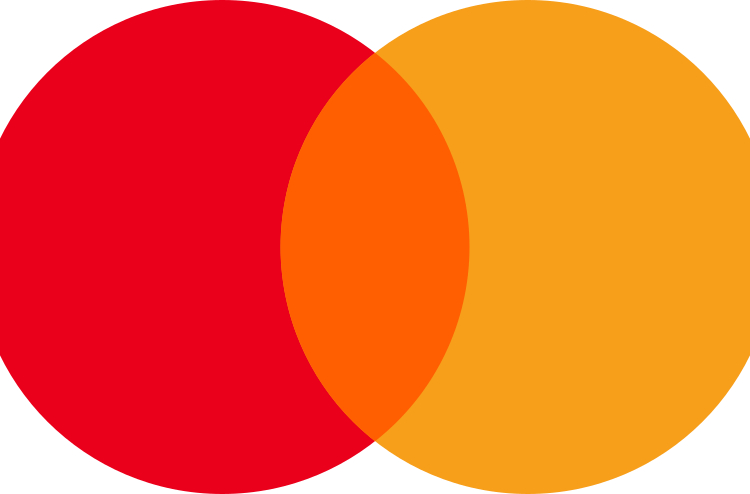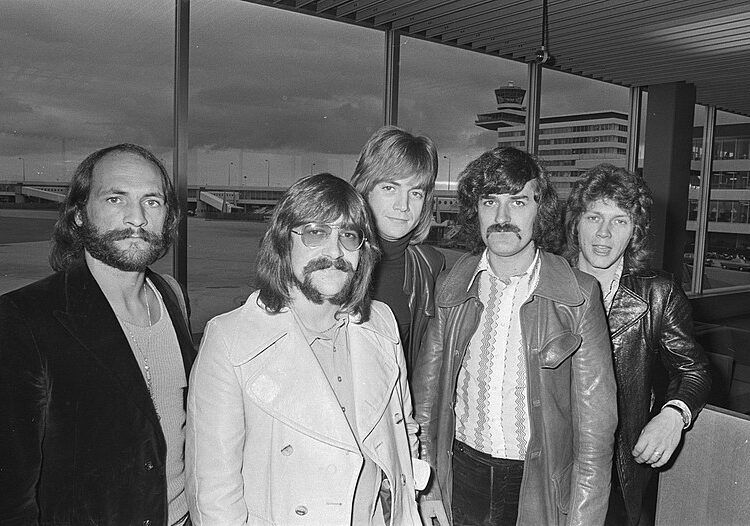Code aims to dispel misunderstanding and improve public trust
- Supreme Court adopts its first code of ethics
- Code does not impose significant new requirements on justices
- Code aims to dispel misunderstanding about justices’ adherence to ethics rules
- Compliance with the code is left to the justices themselves
- Public trust in the court is at record lows
- Democrats push for an ethics code on the court
- Ethics code proposal includes more disclosure, impartial review of recusals, and transparency around gifts
- Push for ethics code sparked by ProPublica’s investigative stories
The Supreme Court has adopted its first code of ethics in response to sustained criticism over undisclosed trips and gifts from wealthy benefactors to some justices. The code, agreed to by all nine justices, does not impose significant new requirements on them, as they claim to have long adhered to ethics standards. The code aims to dispel the misunderstanding that the justices regard themselves as unrestricted by any ethics rules. Compliance with the code is left to the justices themselves, without any other means of enforcement. However, public trust in and approval of the court is at record lows, according to a recent Gallup Poll. In an effort to address the criticism and a Democratic push to impose an ethics code on the court, the justices have put in place their own policy. The Democratic proposal for an ethics code includes more disclosure about potential conflicts of interest, impartial review of recusals, transparency around gifts received by justices, and a process to investigate and enforce violations. The push for an ethics code was sparked by investigative stories from ProPublica, which detailed the relationship between Justice Clarence Thomas and wealthy conservative donors. The code is seen as a step towards improving public trust in the court and dispelling concerns about ethical practices.
Factuality Level: 6
Factuality Justification: The article provides information about the Supreme Court adopting its first code of ethics and the criticism it has faced over undisclosed trips and gifts from wealthy benefactors to some justices. It mentions specific justices who have been under scrutiny and their ties to wealthy conservative donors. The article also discusses the push for an ethics code and the Democratic bill that was passed by the Senate Judiciary Committee. However, the article lacks in-depth analysis and does not provide a balanced perspective on the issue.
Noise Level: 3
Noise Justification: The article provides relevant information about the Supreme Court adopting its first code of ethics. However, it contains some repetitive information and does not provide a thoughtful analysis or actionable insights.
Financial Relevance: No
Financial Markets Impacted: No
Presence Of Extreme Event: No
Nature Of Extreme Event: No
Impact Rating Of The Extreme Event: No
Rating Justification: The news article does not pertain to financial topics and does not describe any extreme event.
Private Companies: ProPublica
Key People: Clarence Thomas (Justice), Harlan Crow (Wealthy conservative donor), Koch brothers (Wealthy conservative donors), Samuel Alito (Justice), Sonia Sotomayor (Justice), Amy Coney Barrett (Justice), Elena Kagan (Justice), Brett Kavanaugh (Justice), John Roberts (Chief Justice), Dick Durbin (Senator), Leonard Leo (Conservative activist)
 www.marketwatch.com
www.marketwatch.com 





